Scientists have developed a process to recycle carbon fiber into valuable chemicals with the help of fungi.


Scientists have developed a process to recycle carbon fiber into valuable chemicals with the help of fungi.

Scientists uncover the role of soil fungi in improving crop yields and balancing complex plant-pollinator interactions.
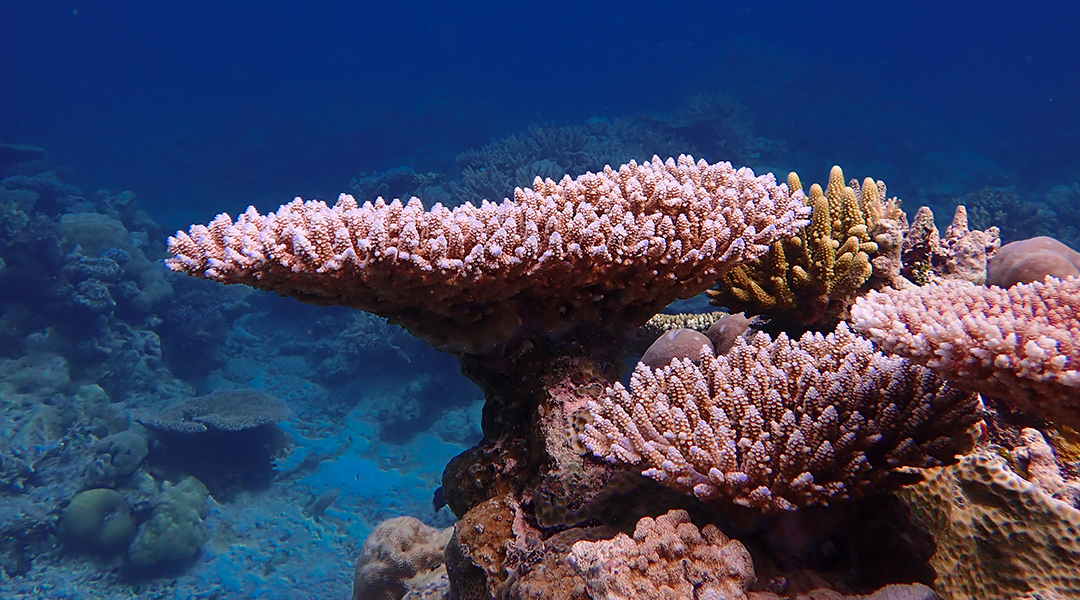
Scientists explore how corals could adapt to climate change to survive, but stress that cutting emissions is crucial for their future.
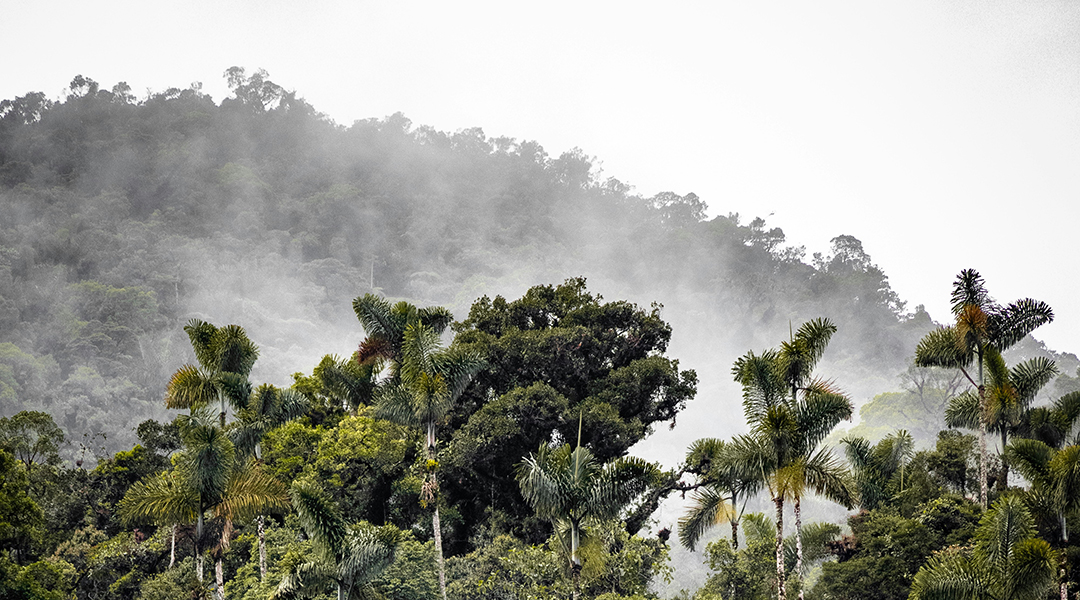
A molecule emitted by rainforest plants plays a key role in forming mysterious aerosol particles in the region’s upper troposphere.
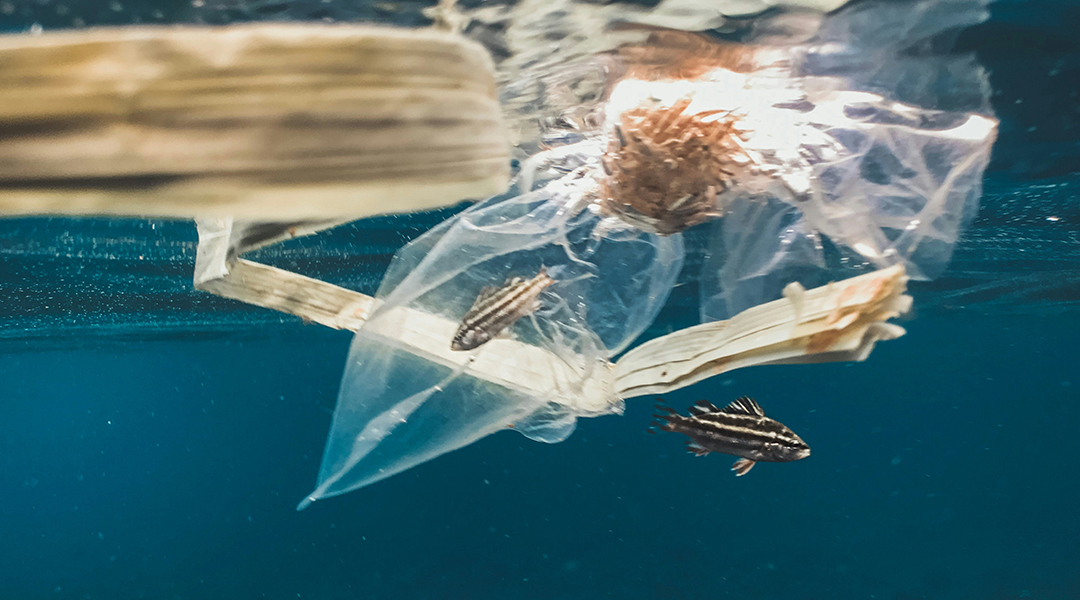
A new material designed to dissolve only in salt water could help us prevent the accumulation of microplastics in the seas.
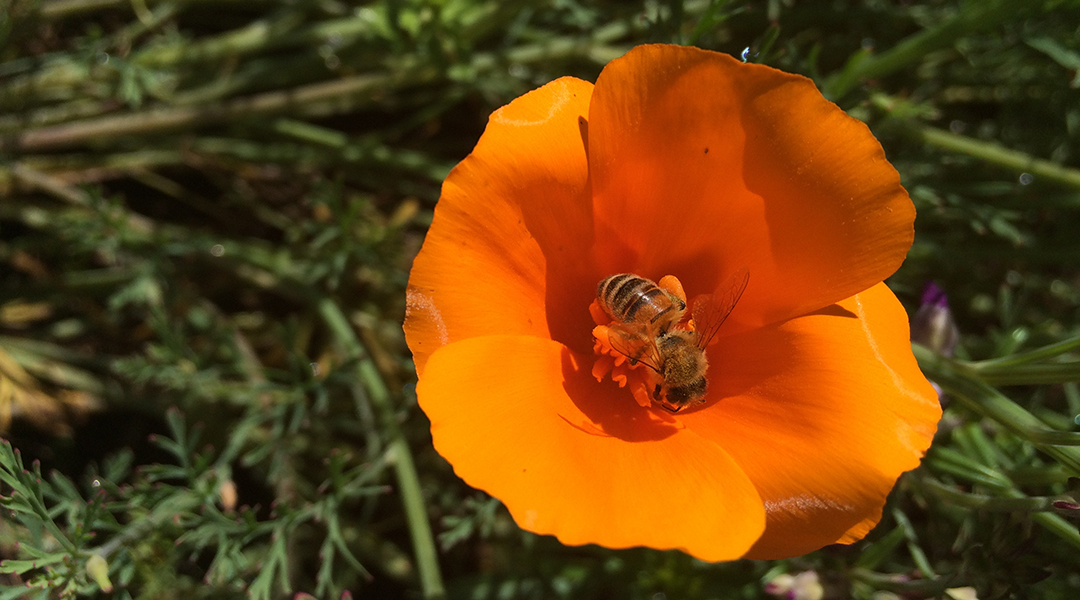
Honey bees compete with wild bees for resources in croplands, but nutritious wildflower plantings can mitigate these effects.
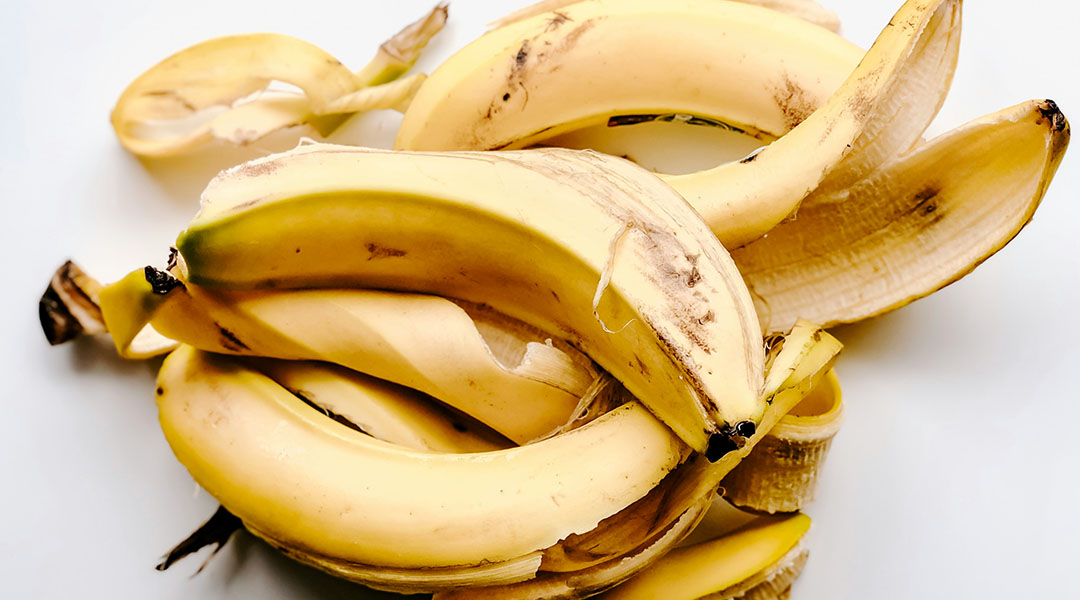
Researchers develop a device that generates clean energy from food waste, using banana peels and coconuts to power communities sustainably.

Pathogenic bioaerosols detected at household garbage collection sites may contribute to vascular aging with high chronic exposure.
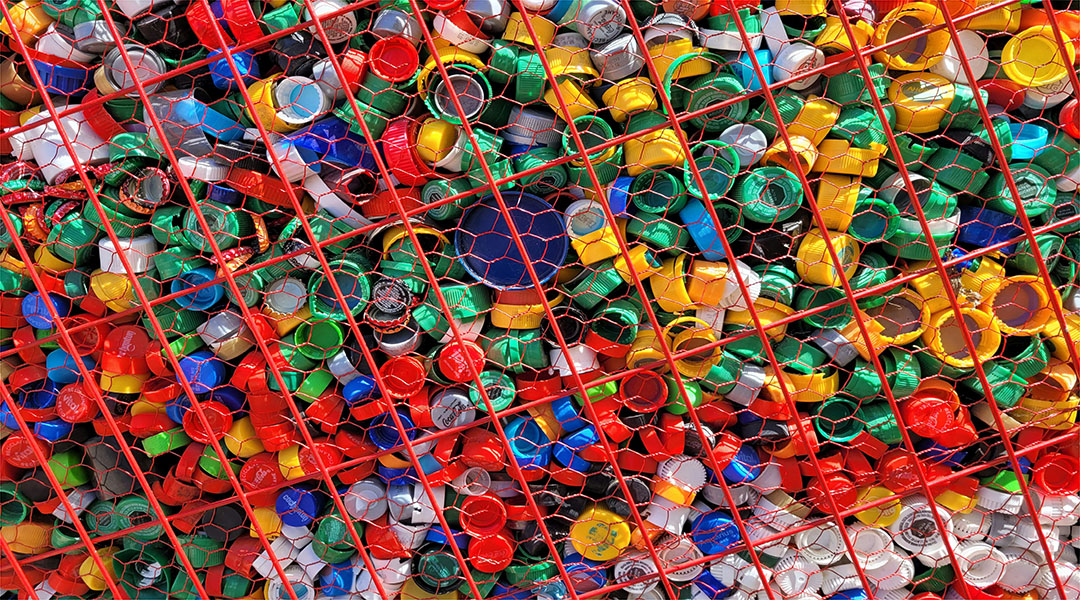
A common bacteria found growing on plastic in urban wastewater could provide new bioengineering solutions to clean up plastic waste.
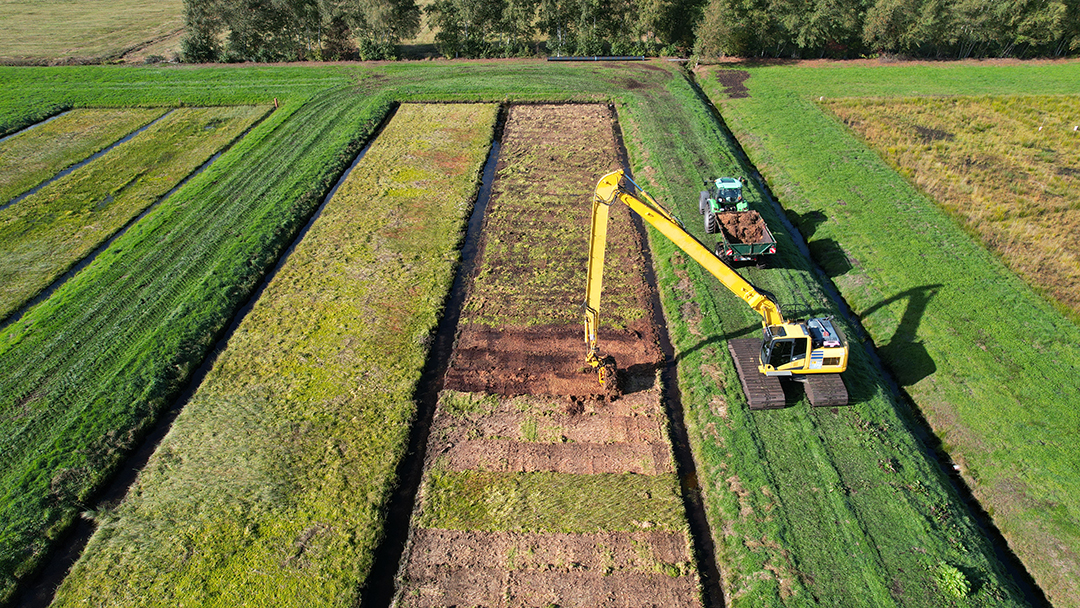
Scientists are reviving lost wetlands using paludiculture, blending ecology and economy to combat climate change and restore biodiversity.